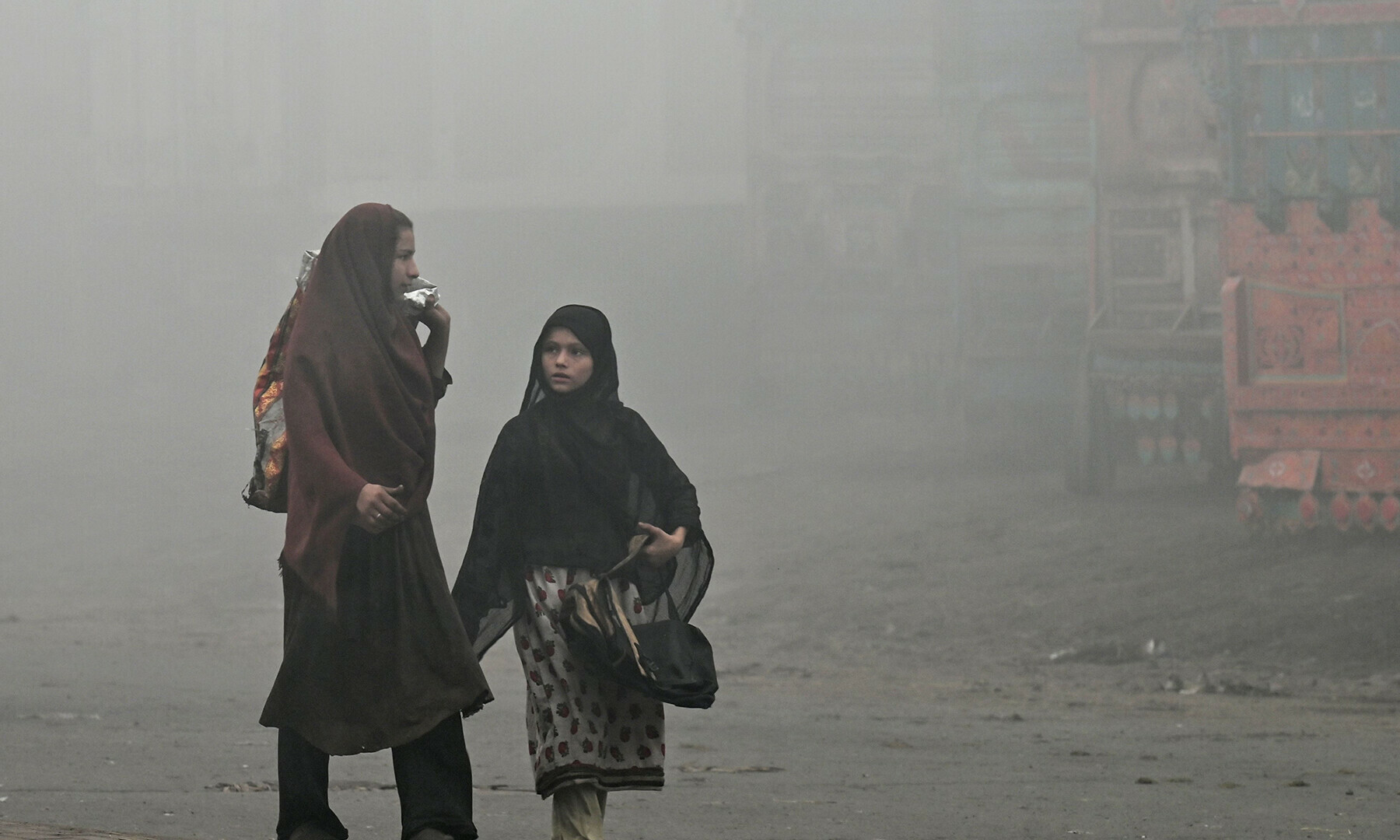Smog Emergency Declared in Lahore and Multan; Schools Close as Air Quality Hits Record Lows
Punjab Faces Severe Smog Crisis
The worsening smog situation in Lahore and Multan has forced the Punjab government to declare a health emergency, with drastic measures being rolled out to address the crisis. Marriyum Aurangzeb, the Senior Minister for Information and Environment Protection, has announced a week-long extension of school closures and stricter regulations on businesses and construction activities.
Alarming Air Quality Index
Lahore’s AQI hit an alarming 732 earlier this month, earning it the title of the most polluted city in the world, while Multan reported the worst air quality in Pakistan. The arrival of winter has exacerbated the smog, trapping pollutants in the atmosphere and posing severe health risks to residents.
Schools in the affected districts will remain closed, and colleges and universities have switched to online learning. Markets and restaurants now operate under reduced hours, while weekend lockdowns have been enforced to curb outdoor activities.
Health Impacts Mount
According to the Punjab Health Department, smog has caused a surge in respiratory diseases, with over 1.9 million cases reported in October alone. Hospitals are overwhelmed with patients suffering from asthma, heart issues, and strokes. Public health advisories emphasize wearing masks and avoiding unnecessary outdoor trips to minimize exposure.
Push for Long-Term Solutions
The Lahore High Court has stepped in, directing the government to devise a long-term environmental policy. Recommendations include investing in electric transport, implementing urban forestry, and limiting construction on agricultural land. The court also urged authorities to learn from successful models, such as Beijing’s air pollution control strategies.
With electric buses set to hit Punjab’s roads by 2025 and urban tree-planting projects underway, the government is under pressure to accelerate its efforts. Meanwhile, pollution attributed to cross-border emissions remains a contentious issue, further complicating regional environmental challenges.













